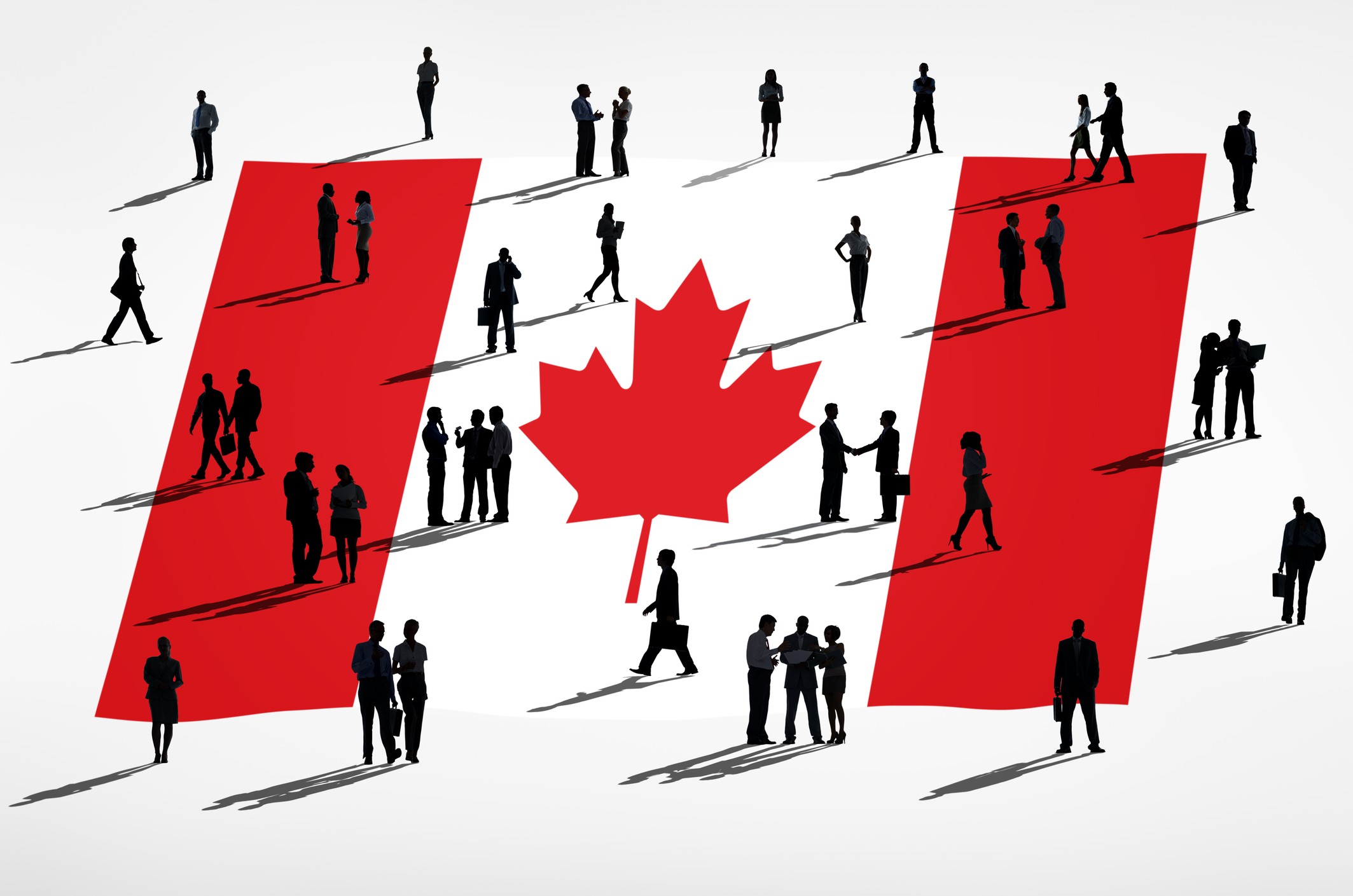moving to another country is one of the most exciting—and life-changing—decisions you can make. It’s not just about booking a flight and packing a suitcase; it’s about stepping into a new culture, navigating unfamiliar systems, and reinventing how you live, work, and connect with others.Whether you're chasing a dream, pursuing a career opportunity, or simply craving a change of scenery,
Relocating internationally can be thrilling, liberating, and eye-opening. But it also comes with challenges—from bureaucracy and language barriers to loneliness and culture shock. In this post, we’ll cover everything you should know before you move abroad, from practical steps to emotional adjustments.
Start with Research: Know Where You're Going
Before booking a one-way ticket, spend time researching your new home country thoroughly. What’s the political climate like? How’s the cost of living? What’s the healthcare system, and will you need private insurance? What kind of visa will you need, and what are your rights and responsibilities as a foreigner?
Understanding the culture, economy, language, and local customs can help ease the transition. Dive into travel blogs, expat forums, YouTube vlogs, and official government websites. Try connecting with people who’ve made the move already—they can offer personal insight that goes beyond guidebooks.
Visa, Immigration, and Legal Considerations
Every country has its own immigration policies, and obtaining the right visa is often the most complex part of moving abroad. Depending on your purpose—work, study, retirement, or reunification—you'll need to apply for a visa that suits your situation.
Some common types of visas include:
-
Work Visas: Usually require a job offer or sponsorship.
-
Student Visas: Issued for those enrolled in recognized institutions.
-
Investor or Startup Visas: For entrepreneurs.
-
Digital Nomad Visas: Growing in popularity for remote workers.
-
Permanent Residency / PR: For long-term stay with more rights.
Be sure to check entry requirements, required documentation, application timelines, and renewal processes. Having your documents translated and notarized (e.g., birth certificates, diplomas, police clearance) may also be necessary.
Finances and Budgeting: Expect the Unexpected
One of the biggest challenges of moving abroad is managing your finances. Living costs, taxes, and currency values vary wildly from country to country, and underestimating these can derail your plans quickly.
Create a realistic budget that accounts for:
-
Housing (rent + deposit)
-
Utilities and internet
-
Transportation (public transit, car costs)
-
Food and groceries
-
Visa/residency fees
-
Health insurance
-
Emergency savings
Consider opening an international bank account or using global money transfer services like Wise or Revolut to avoid high fees. It's also smart to consult with a tax advisor to understand if you’ll owe taxes in both your home and new country.
Housing and Where to Live
Finding a place to live is one of the most important parts of settling abroad. Start with short-term accommodations such as Airbnb or hostels until you get to know the city. Then explore neighborhoods that fit your lifestyle and budget—some might be better for nightlife and socializing, while others offer peace and family-friendly vibes.
In many countries, rental agreements may involve upfront payments, references, proof of income, or guarantors. If you’re moving somewhere with a competitive housing market, consider hiring a local real estate agent who understands the process and can speak the language.
Learning the Language: More Important Than You Think
You don’t need to be fluent before you go, but learning the basics of the local language makes a huge difference. It will help you with everyday activities—like grocery shopping, using public transport, or asking for directions—and also signals respect for your host country.
Use free tools like Duolingo, Memrise, or language exchange apps like HelloTalk and Tandem. Once you arrive, consider taking a local language course or joining a conversation group. Remember: it’s okay to make mistakes. Locals usually appreciate the effort.
Culture Shock and Adaptation
One of the most underestimated aspects of moving abroad is culture shock. Even in countries that seem similar to your own, the little things—how people communicate, what’s considered polite, how bureaucracy works—can be jarring.
You may go through phases: excitement, frustration, homesickness, and eventual adjustment. Give yourself time to adapt and be patient with yourself. Try to stay open-minded and avoid comparing everything to your home country. Instead, embrace new customs, celebrate differences, and allow your worldview to expand.
Building a Support Network
Starting over in a new country can be isolating. That’s why building a social support network is vital. Join expat communities, attend local events, or find interest-based groups on platforms like Meetup, Facebook, or Internations.
Volunteering or joining a sports club is another great way to meet people and practice the local language. Don’t be afraid to reach out—many others are in the same boat and looking for friends, too.
And of course, keep in touch with loved ones back home. Regular calls, messages, and visits can help keep you grounded during the adjustment phase.
Health, Safety, and Insurance
Check whether your new country offers universal healthcare or if you'll need to purchase private insurance. Many countries require proof of coverage as a visa condition. Learn how to register for a local doctor, what to do in case of emergencies, and whether any vaccinations or health screenings are required upon entry.
Don’t forget to bring necessary prescriptions and a basic medical kit with you. Also, review local laws, emergency numbers, and personal safety tips for your region.
What to Pack and What to Leave
It can be tempting to bring everything, but packing smart is key. Focus on essentials—important documents, electronics, season-appropriate clothing, and personal mementos. Most other things can be bought locally, often at better prices.
Remember that electrical outlets, voltages, and appliance standards vary between countries. Bringing your laptop is smart—but maybe not your vacuum cleaner. Look up local customs regulations to avoid surprises at customs.
Final Thoughts: A Journey Worth Taking
Moving to another country isn’t easy—but it’s worth it. It’s a journey of self-discovery, resilience, and personal growth. You’ll learn more about the world, but even more about yourself. You’ll become a master of adaptation, broaden your horizons, and make memories that last a lifetime.
The key is preparation. Research, plan, and stay open-minded. Every challenge you face will become part of the story you tell later with pride.
So whether you’re relocating for love, work, freedom, or adventure—go boldly. The world is waiting.















